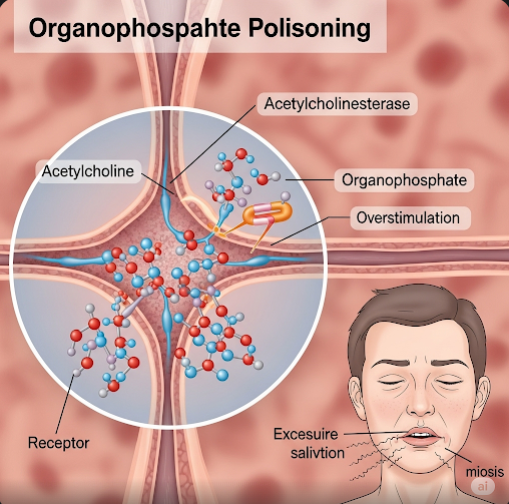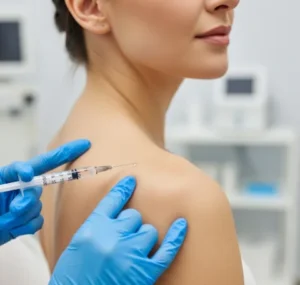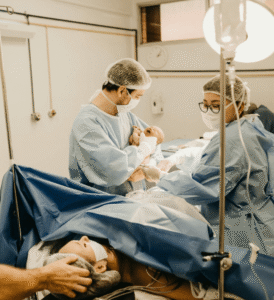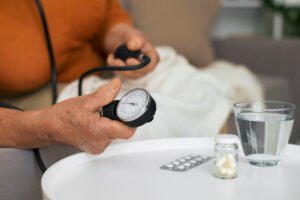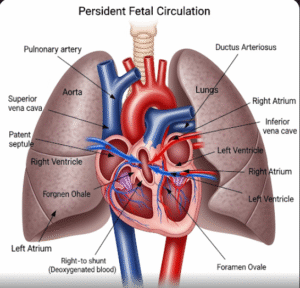Overview
Organophosphate poisoning occurs when a person is exposed to toxic chemicals known as organophosphates, commonly found in pesticides and insecticides. These substances interfere with the normal function of the nervous system by inhibiting acetylcholinesterase, an essential enzyme. This leads to a buildup of acetylcholine, resulting in overstimulation of nerves. Organophosphate poisoning is a medical emergency and can be fatal without prompt treatment.
What is Organophosphate Poisoning?
Organophosphate poisoning is a serious condition caused by exposure to organophosphate compounds, widely used in agriculture and pest control. These compounds are absorbed through the skin, lungs, or digestive tract. They affect the nervous system by blocking the enzyme responsible for breaking down acetylcholine, a neurotransmitter. The result is excessive nerve signaling, leading to a range of dangerous symptoms affecting muscles, breathing, heart rate, and mental status.
Symptoms
Symptoms of organophosphate poisoning can appear within minutes to hours after exposure and include:
- Excessive salivation and sweating
- Muscle twitching or weakness
- Difficulty breathing or shortness of breath
- Pinpoint pupils (miosis)
- Nausea, vomiting, and abdominal cramps
- Diarrhea
- Confusion, agitation, or seizures
- Slow heart rate (bradycardia)
- Loss of consciousness or coma in severe cases
Mnemonic: “SLUDGE” — Salivation, Lacrimation, Urination, Diarrhea, Gastrointestinal distress, and Emesis
Causes
Organophosphate poisoning is usually caused by:
- Inhalation of pesticide fumes
- Direct skin contact with pesticides
- Accidental ingestion of pesticide-contaminated food or water
- Intentional ingestion in suicide attempts (common in rural or agricultural areas)
- Improper handling or storage of organophosphate chemicals
Risk Factors
- Working in agriculture or pest control without proper protective gear
- Living near areas where organophosphate pesticides are sprayed
- Children or pets playing in recently treated areas
- Lack of safety training in chemical handling
- Inadequate regulation or improper labeling of pesticide products
- Intentional self-harm in mental health crisis situations
Complications
If not treated quickly and correctly, organophosphate poisoning can result in:
- Respiratory failure (due to paralysis of breathing muscles)
- Brain damage from prolonged seizures or hypoxia
- Cardiac arrest
- Muscle damage and breakdown (rhabdomyolysis)
- Permanent neurological impairment
- Death
Prevention
- Use protective clothing, masks, and gloves when handling pesticides
- Follow safety instructions and dosage guidelines for chemical use
- Avoid spraying pesticides on windy days to reduce drift
- Store pesticides in clearly labeled, secure containers out of children’s reach
- Wash hands and exposed skin thoroughly after contact
- Educate agricultural workers about safe pesticide practices
- Seek mental health support to prevent self-harm-related poisoning
Treatment Option in Korea
South Korea’s emergency medical system is well-equipped to handle poisoning cases, including organophosphate exposure. Treatment typically includes:
- Immediate decontamination: Removing contaminated clothing and washing the skin thoroughly
- Airway and breathing support: Oxygen therapy and mechanical ventilation if needed
- Antidote administration:
- Atropine to reduce the effects of excessive acetylcholine
- Pralidoxime (2-PAM) to reactivate acetylcholinesterase enzyme
- IV fluids and supportive care
- Seizure control with benzodiazepines if necessary
- Continuous monitoring in an intensive care unit (ICU) for severe cases
Major hospitals in Korea such as Severance Hospital, Samsung Medical Center, and Chung-Ang University Hospital provide emergency toxicology services with access to antidotes, ICU care, and poison control expertise. These facilities also offer language support and comprehensive care for international patients.

